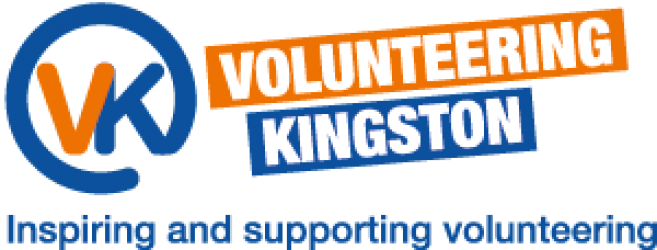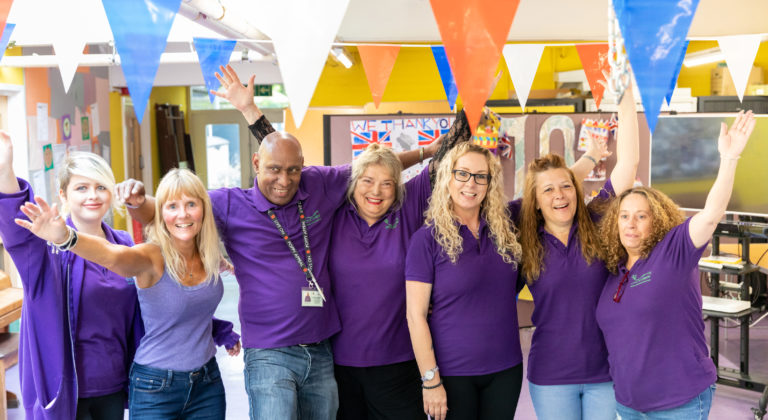For this Case Study I spoke to Duncan Moss, an assistant volunteer at Click Café, a community hub and café run for and by disabled people from Enhanceable. In his words, Duncan’s role involves “helping out where help is needed – operating the till, the dishwasher, setting out food, making tea etc”. He explained that he was let go from his job as a care-worker in 2021, and had decided to begin volunteering to “get back into the swing of having a job”.
Working at Click
Duncan stated that he had been volunteering for 10 months, and the experience had been very positive. He praised the environment, giving a cheerful anecdote about his interview as an example of its uniqueness: “I had an interview, by the end we were doing karaoke”. Duncan also praised his fellow volunteers, emphasising their kindness and support: “Everyone is so nice here. No-one’s out to get you,” he explained, “It’s given me a bit more faith in humanity”. For Duncan, volunteering allowed him to better his well-being by socialising and being productive.
Duncan spoke highly of the working environment and his peers at Click and emphasised that he enjoyed the responsibility of the role. To volunteers at Click Café, the role was not “a job you can just turn up to when you feel like it” largely due to its reliance on volunteers to keep operating.
When asked about whether or not this role was suitable for a diverse range of volunteers, Duncan was very positive, prefacing his answer with “anybody is welcome here for a cup of tea”. He reiterated the kindness of his co-workers, stating that “we just accept everyone for who they are”. Whether people of different faiths or disabilities came to volunteer, he explained, they were welcome.
Duncan was extremely optimistic about Click Cafe’s future. “I’ve got lots of ideas for Click Café ”, he explained, “It’s got an exciting future”. Perhaps the best testament to his love of Click Café was when he said that “I’m happy to work here [at Click Café] beyond retirement age”.
If you’d like to volunteer as a way to gain a solid work experience foundation, be sure to visit Volunteering Kingston and take a look at our current advertised roles. If you’d like to learn more about the benefits of volunteering, read this Case Study on a Visitor Volunteer at the William Morris Gallery.
By Annabelle, Volunteering Kingston












